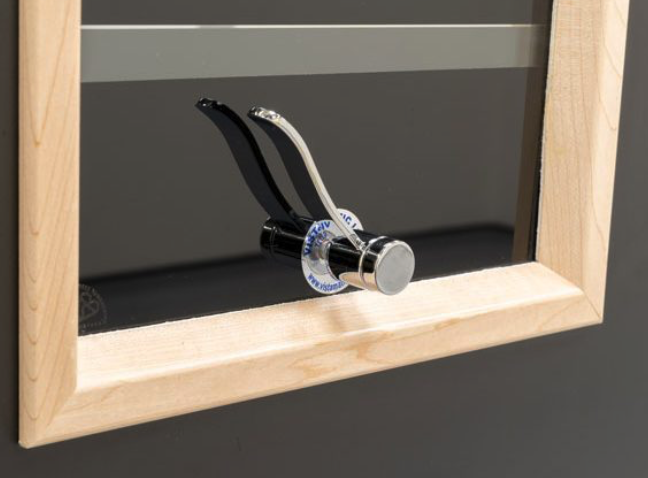What is Privacy Glass and How Does it Work?
July 15, 2024Privacy glass, a term encompassing various technologies and materials, refers to any glass product designed to obscure or control visibility while still allowing light to pass through. It serves a multitude of purposes, from enhancing personal privacy in homes to securing sensitive information in commercial settings.
How Privacy Glass Works
The level of privacy offered by glass depends on its specific composition and treatment. Here are the primary methods used to achieve privacy:
Frosted or Etched Glass: This classic technique involves creating a textured surface on the glass through acid etching or sandblasting. The resulting pattern diffuses light, making it difficult to see clearly through the glass. While it offers a degree of privacy, it still allows for light transmission.
Tinted Glass: Adding colorants to the glass during the manufacturing process reduces visibility from the outside while maintaining a clear view from within. The degree of privacy depends on the tint’s darkness.
Laminated Glass: Composed of multiple layers of glass bonded together with a polymer interlayer, laminated glass can incorporate opaque or patterned interlayers to obscure vision. This type of glass is often used for security purposes as well as privacy.
Switchable Privacy Glass: This advanced technology utilizes liquid crystal or electrochromic materials to transform the glass from transparent to opaque at the touch of a button. It offers unparalleled control over privacy and light transmission.
Privacy Film: A more affordable option, privacy film is a self-adhesive film applied to the glass surface. It comes in various patterns and levels of opacity, providing a customizable privacy solution.
Types of Privacy Glass and Their Applications
The choice of privacy glass depends on factors such as the desired level of privacy, aesthetic preferences, and budget. Here are some common applications:
Residential Privacy Glass:
Bathroom windows: Frosted or etched glass is popular for bathroom windows, allowing natural light to enter while maintaining privacy.
Bedroom windows: Tinted or privacy film can be used to reduce visibility from outside while still enjoying a view from within.
Front doors: Sidelights with frosted or patterned glass can add a decorative touch while providing privacy.
Commercial Privacy Glass:
Office partitions: Frosted or patterned glass partitions create private workspaces while maintaining an open office feel.
Conference rooms: Switchable privacy glass offers flexibility for different meeting scenarios.
Retail storefronts: Tinted glass can protect merchandise from UV damage and reduce glare while still allowing customers to see inside.
Other industries include healthcare, education and more.
Beyond providing privacy, privacy glass offers several additional advantages:
Light Control: Tinted and switchable privacy glass can help regulate the amount of light entering a space, reducing glare and energy consumption.
UV Protection: Many privacy glass options filter harmful UV rays, protecting furniture, flooring, and occupants from sun damage.
Security: Laminated privacy glass and certain types of film can enhance a building’s security by deterring intruders.
Energy Efficiency: Tinted and reflective privacy glass can help reduce heat gain in summer and heat loss in winter, improving energy efficiency.
Aesthetic Appeal: Privacy glass can add a touch of elegance and sophistication to any space.
By understanding the various types of privacy glass and their applications, you can select the perfect solution to meet your specific privacy and design needs. Contact Privacy Glass Solutions today to learn how we can help meet your residential or commercial privacy glass needs.


